EV HOME CHARGING INSTALLATIONS
IN NORTH CAROLINA
Take Advantage of Duke Energy's
EV Charger Installation Support Program
Up to a $1,117 Rebate

For those new to the electric vehicle sector and beginning their exploration, we offer our expertise and knowledge. Embracing an EV lifestyle, particularly when combined with solar energy and battery systems, represents a significant step towards self-sufficiency. As specialists in renewable energy, we are excited to support you on your journey to energy independence!
And now with Duke’s PowerPair Solar and Battery incentive, going solar has never been more possible.
Duke Energy has introduced the EV Charger Installation Support Program, designed to ease the cost of installing residential Level 2 EV chargers. This program offers a one-time credit of up to $1,117 per household. It covers expenses like installing outlets, enhancing electrical wiring, upgrading electrical panels, and other necessary electrical improvements for home EV charging.
This program is an extension of Duke’s Make Ready Credit Program, sanctioned by the North Carolina Utilities Commission. The maximum credit amount correlates with the anticipated revenue from the charger usage over a few years. The EV Charger Installation Support Program enables Duke to use future kilowatt-hour sales to subsidize the installation costs, making home charging more affordable for EV owners.

Contact 8MSolar and we will install the EV charger for you, and we will provide the necessary documents for filing for the rebate.

You can complete the application and submit the proper documents online.

Once Duke Energy reviews everything, they will send you an email confirmation.

If approved a check for up to $1,117 will be issued within 30-days by Duke Energy’s vendor.
Considering a home EV charging station involves more than just the aspect of convenience. If you’re unsure about making this investment, it’s worth exploring the various benefits that home charging offers. Here are some points to help guide your decision.
Forget about queuing at public charging stations or adjusting your schedule based on your car’s battery. Simply plug in your vehicle at home, charge it overnight, and wake up to a fully charged car ready for the day.
Although the initial cost of an EV charger might seem high, it proves economical over time. Home electricity rates are typically lower than public charging stations’ per-kWh charges. Some electricity providers offer lower rates during off-peak hours, further reducing home charging costs.
With the growing popularity of EVs, homebuyers increasingly seek homes with EV chargers. Installing one can enhance your property’s market appeal and potentially boost its resale value.
Home charging, particularly with renewable energy sources like solar or wind power, can significantly lower your carbon footprint compared to using public charging stations.
The surge in EV popularity often outpaces the availability of public charging stations, leading to overcrowding. Home charging eliminates the need to rely on public stations.
Modern home EV chargers often include cutting-edge features such as smartphone integration. This allows you to control your charging sessions, receive completion alerts, and monitor your energy usage conveniently.
Read our article to learn how you can prepare you current home solar panel system to accommodate and EV charging station.
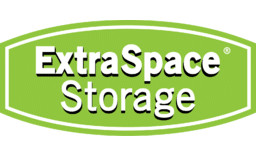




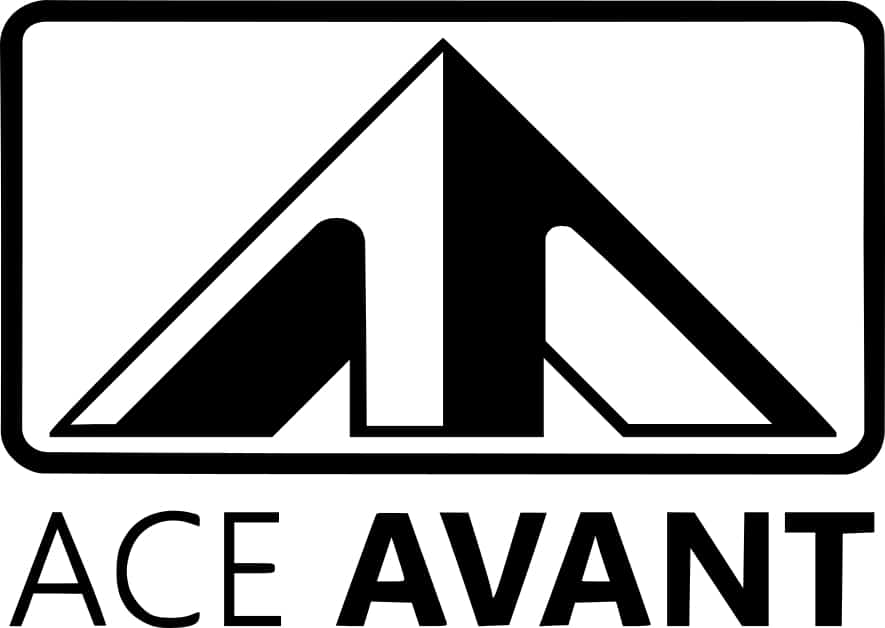



We provide residential and commercial solar panel installation services all across The Triangle in North Carolina and Virginia, including:
Some energy companies in North Carolina charge customers a blended rate that comes from dividing the amount due on your bill by the total kilowatt-hour consumption during the billing period. These blended rates give an accurate ROI estimation in theory, but they fail to account for seasonal demand.
At 8MSolar, we don’t use blended rates when calculating the financial impact of your solar energy system because it artificially inflates your ROI. Instead, we take all measures to produce accurate, verifiable numbers, so you can take our ROI estimate to the bank, literally.
We install three types of panels for businesses:
Commercial solar energy systems provide excellent tax benefits that can reduce your commercial solar panel cost. According to the IRS Notice # 2018-59, any commercial solar panel system put into service by Dec 31st, 2023 and meets one of the following requirements is eligible for the full 26% federal tax credit:


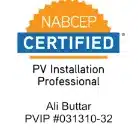
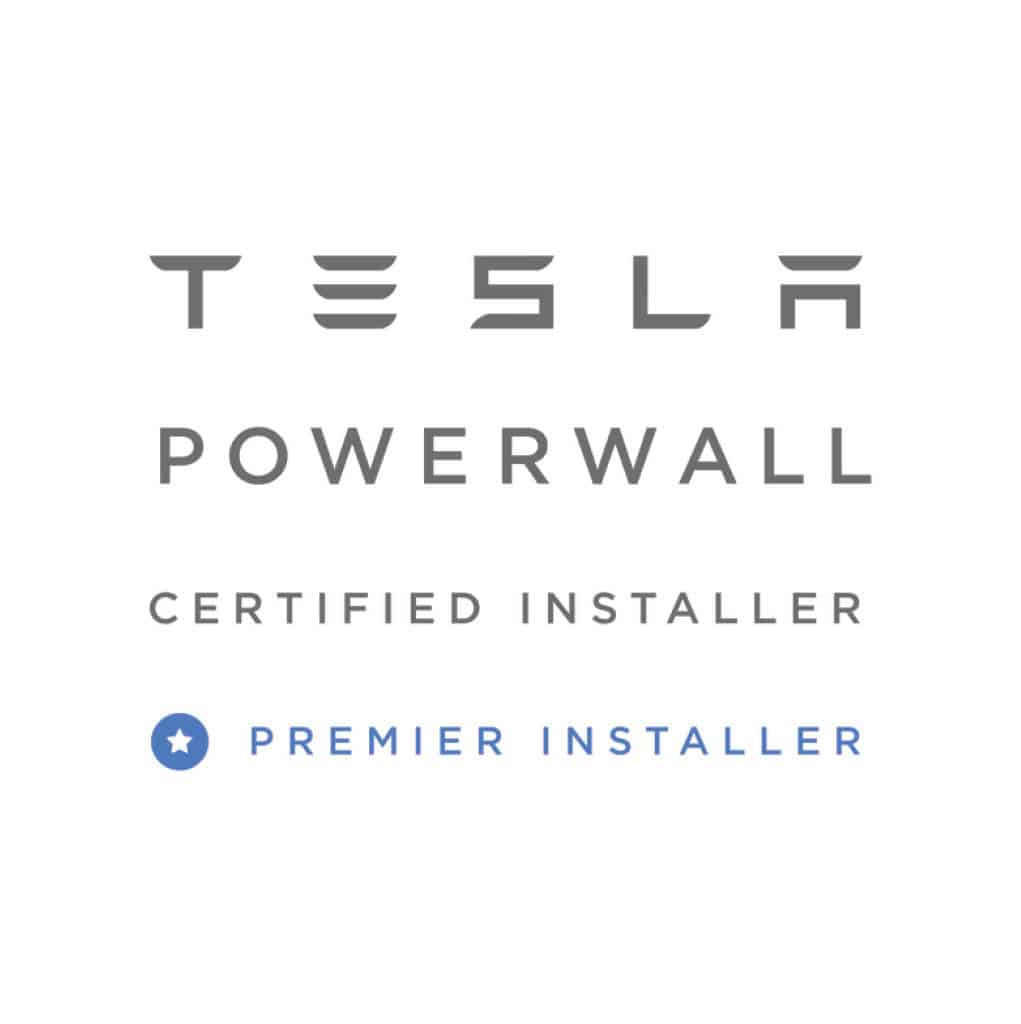


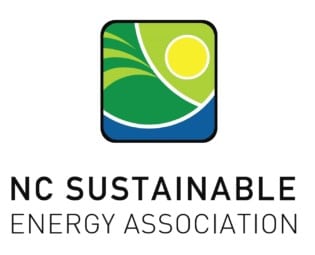
8MSolar is the highest rated solar panel installation company in North Carolina. We help install solar energy in North Carolina for homes, businesses and non-profits. We focus on installing Solar PV panel systems that are cutting edge, beautiful and reliable.
Copyright 2025 © 8MSolar